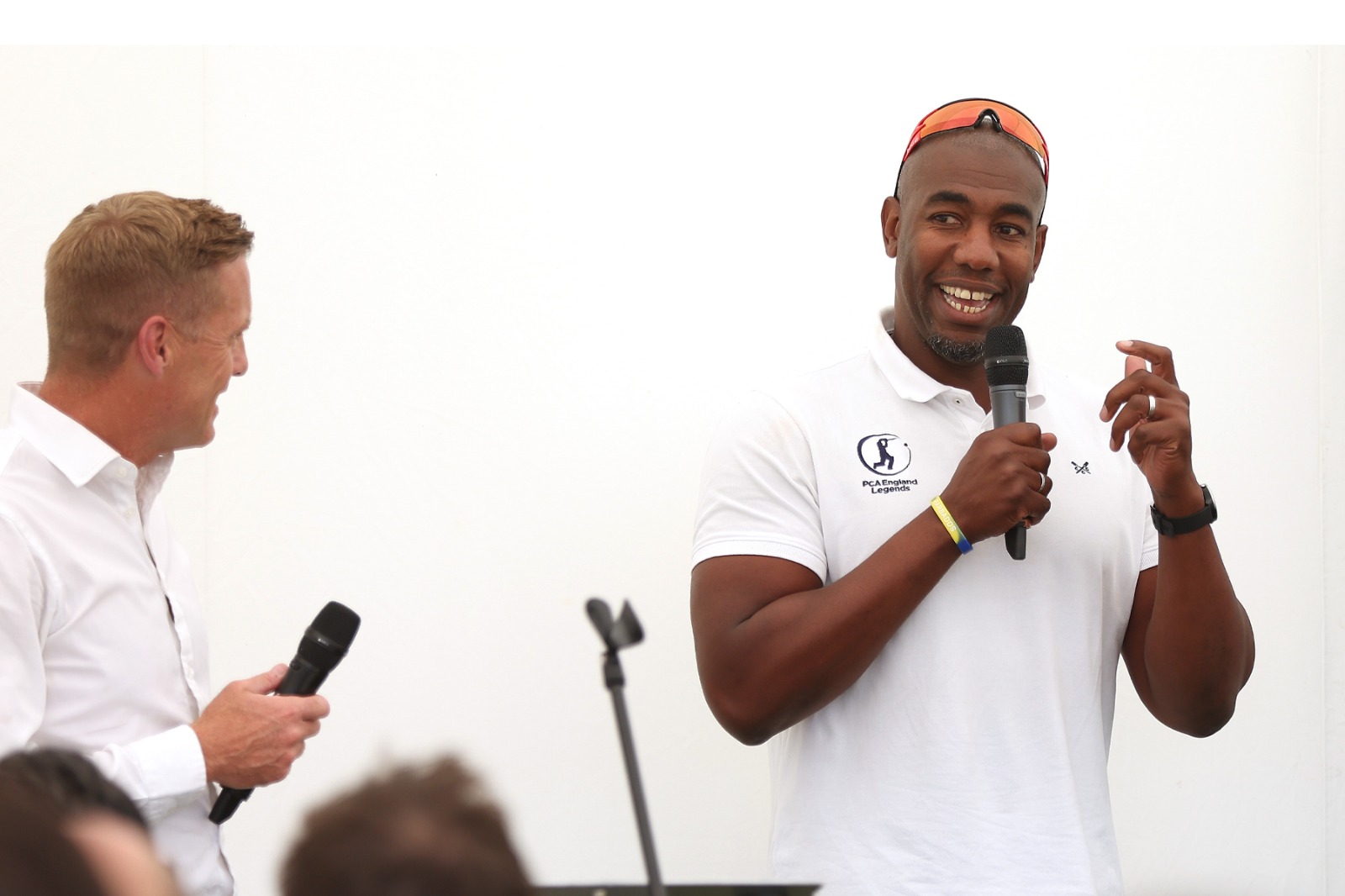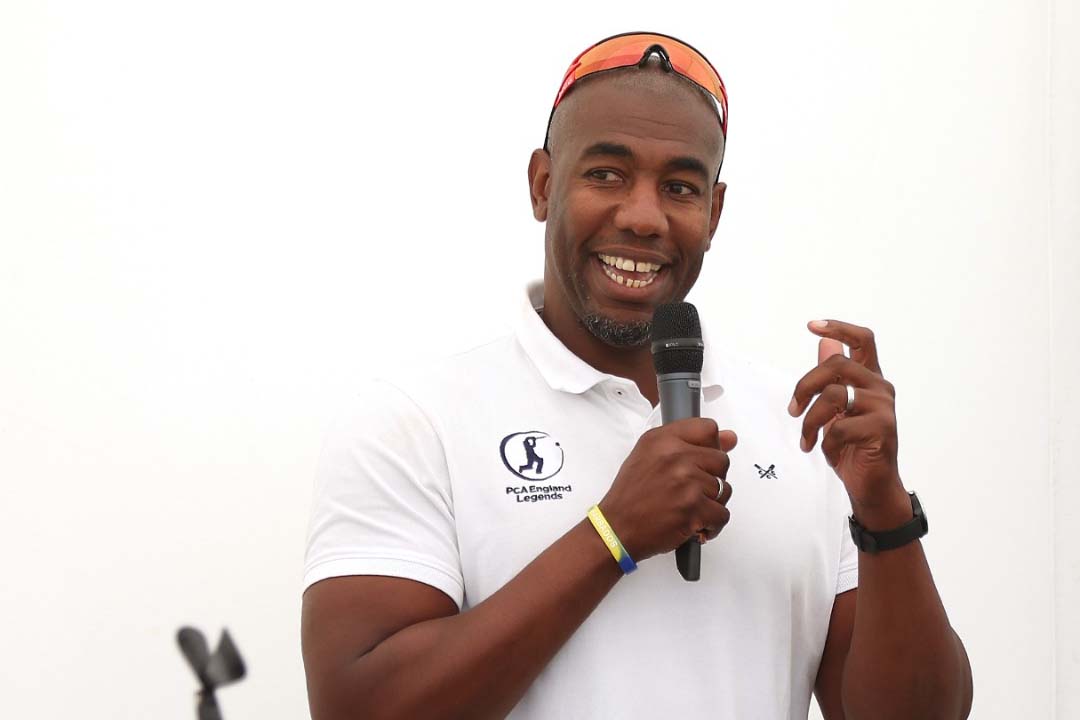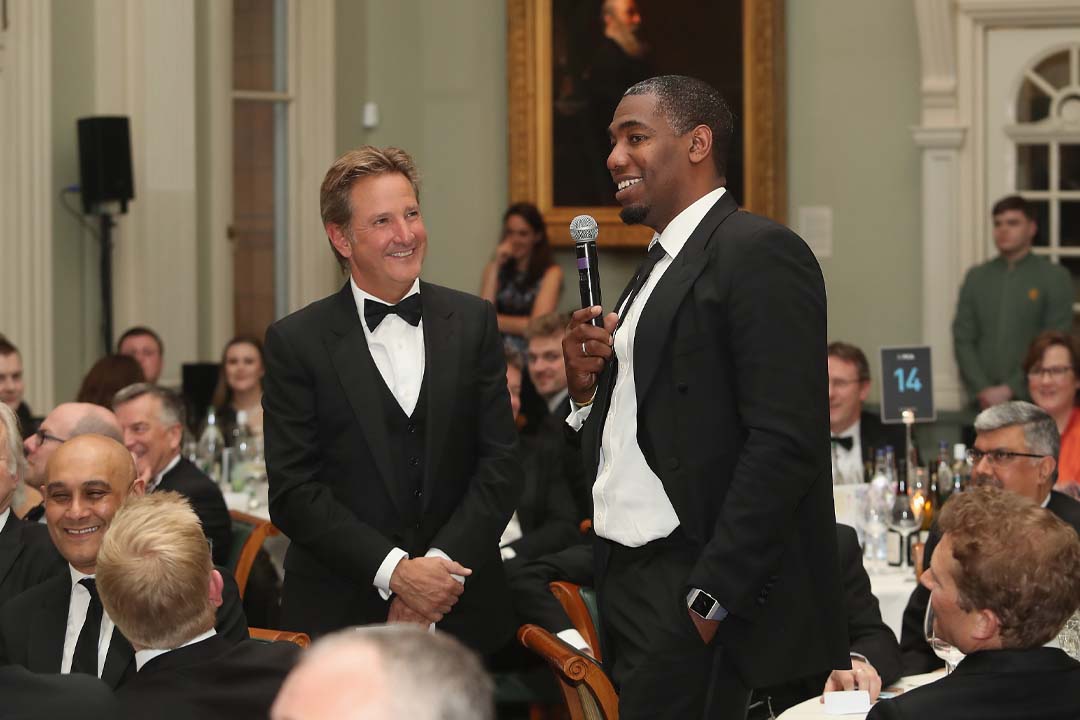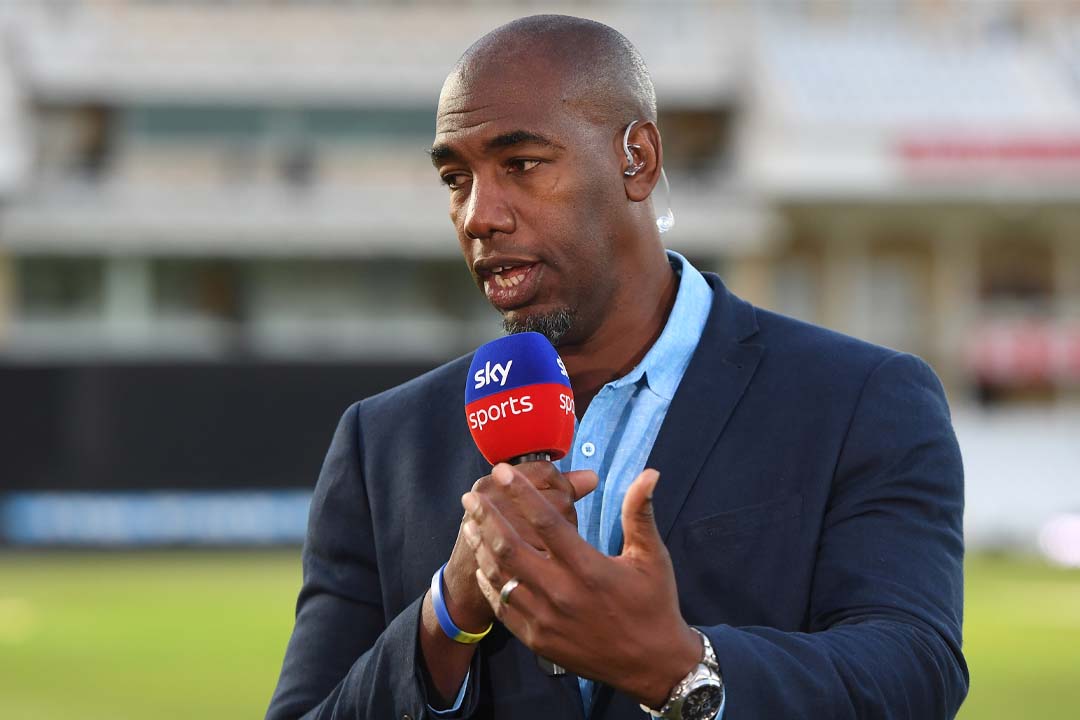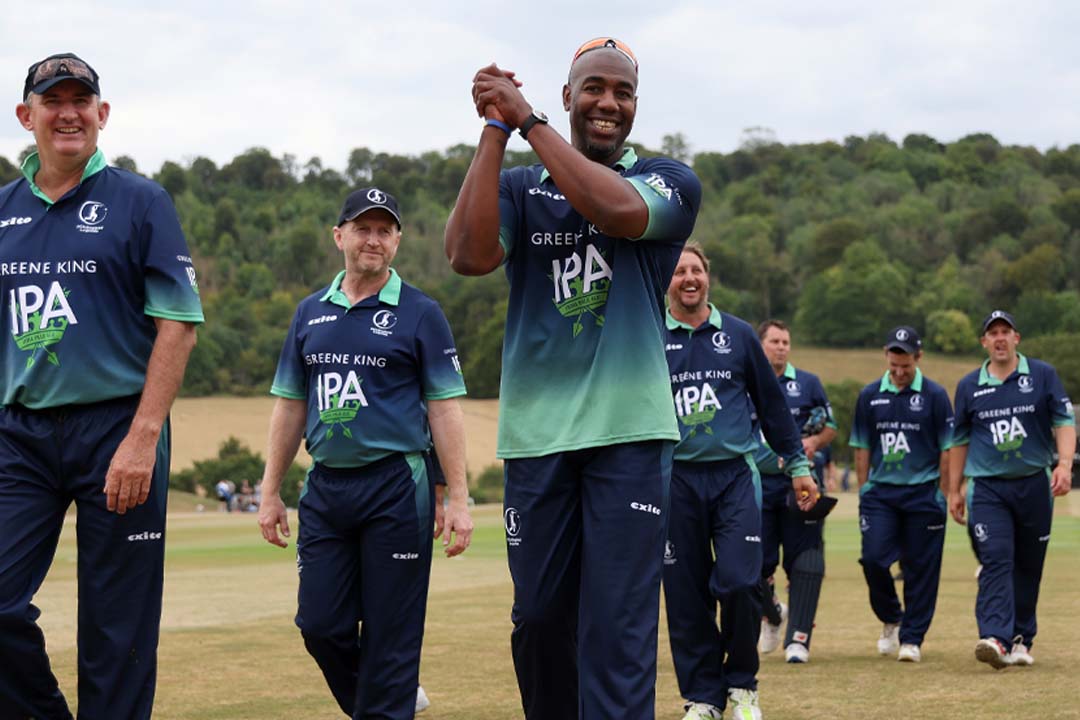Former England all-rounder Alex Tudor has told the PCA why it’s important that Black history is taught in schools and that it shouldn’t be condensed into one month.
October is Black History Month in the UK, this gives everyone the opportunity to share, celebrate and understand the impact that Black heritage and culture has had on our country.
People from African and Caribbean backgrounds have been a fundamental part of British history for centuries and campaigners believe their value and contribution to society is often overlooked, ignored or distorted.
Recently, greater attention has been paid to the month’s celebrations following the Windrush generation scandal and the Black Lives Matter movement since the death of George Floyd in May 2020.
In October 2022, the theme focuses on Black health and wellness, and throughout the month, the PCA is speaking to members of Black origin to provide insight on what the month means to them.
The PCA England Legends captain, Tudor, participated in our question and answer session celebrating Black history.
- What is your family heritage and what does Black History Month mean to you?
- Both my parents are from Barbados, they came to England as part of the Windrush generation in the 1960s and they actually met in England. They had two boys, my older brother Raymon and myself, we grew up in South London. My Gran got to 101 which was very special because she got a letter from the beloved late Queen and my mum’s mum is 96 so we’re hoping she might get a letter from the King. Both my parents are now back in Barbados. Black History Month is very important because it allows others to learn more about Black history but it shouldn’t just be celebrated in one month, it should be taught in the curriculum all year round.
- What is your memorable moment in Black history?
- It would be when Nelson Mandela was freed because as a young kid you heard little things but then learning about why he went to prison for fighting for something that he believed and spending 27 years there was just ridiculous. Seeing him walk free and seeing my parent’s faces and the people in our community, they were very passionate and it was like there was a party happening with him being freed, seeing that as a young black man was extremely inspirational.
- Who was your inspirational Black role model growing up?
- My dad is my role model, some people look at sporting heroes for their inspiration but I just had to look at home, everything that my dad did for my brother and I, we’re both very grateful. Sometimes he had to work extra to ensure we got the right kit and coaching. He would always divide his time between us and I appreciate him for that. He’s a very wise man my dad, he’s very deep and very thoughtful and my parents have been married 52 years now which is very rare in this day and age, it’s a special bond that they have. The way I am with my family is because of his influence.
- If you could celebrate one Black cricketer in history in Black History Month, who would it be?
- It would have to be the West Indian team of the 1970s and 1980s. Growing up watching them dominate and doing well, they were people that I aspired to be like. I was lucky enough in life to meet them and they’re very humble and they always ask me how I am, I’m talking about Sir Viv (Sir Vivian Richards), Michael Holding, Courtney Walsh, Desmond Haynes and to see them dominate the world for 15 years, I don’t think any team has dominated for that long and to do that being Black at that time it was even harder, so turning on the TV and seeing those guys was unbelievable.
- How important is it to educate general society on Black history in Britain?
- Black history is important but it’s something for me that shouldn’t just be whittled down into a month, it’s something that should be in the syllabus, because we’re a country that’s very diverse and it’s a shame that the kids aren’t getting this information because it’s not taught at the moment. I think teachers are scared of having conversations about it. There are great things that people of ethnicity have done and it’s bad of us as a multicultural country that we don’t teach it. I think the kids want to learn about it too, we’re all as one – Asian, West Indian and African it should all be in the syllabus, full stop.
- The theme of Black History Month 2022 is Black Health and Wellness, recognising the achievements of Black health and wellness practitioners. How do you think we as a sport should meaningfully celebrate Black History Month?
- What we can do as a sporting organisation is educate. We need to let everybody know that there has been black pioneers in mental health and wellbeing, there’s great people out there doing great stuff so more needs to be told. There’s lots of people of ethnicity that are doing great things in this field and it’s important that we know about it, it needs to be made more commonplace.
